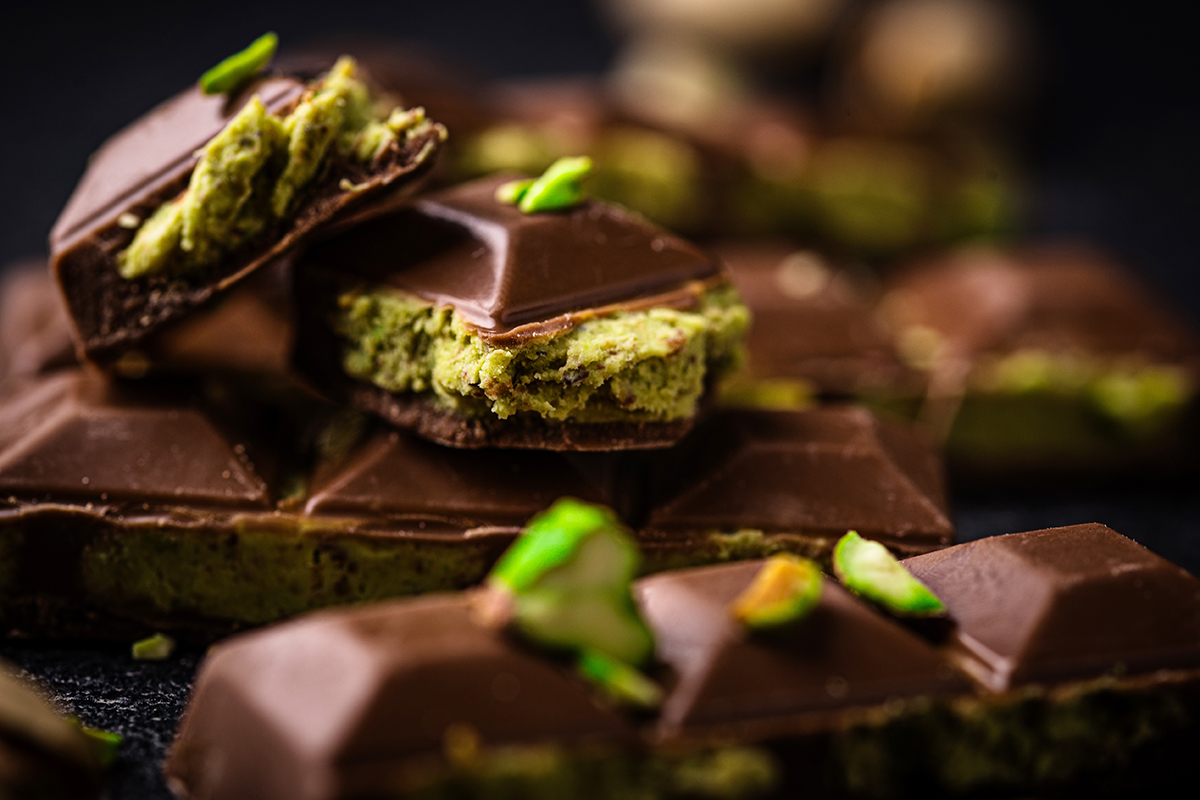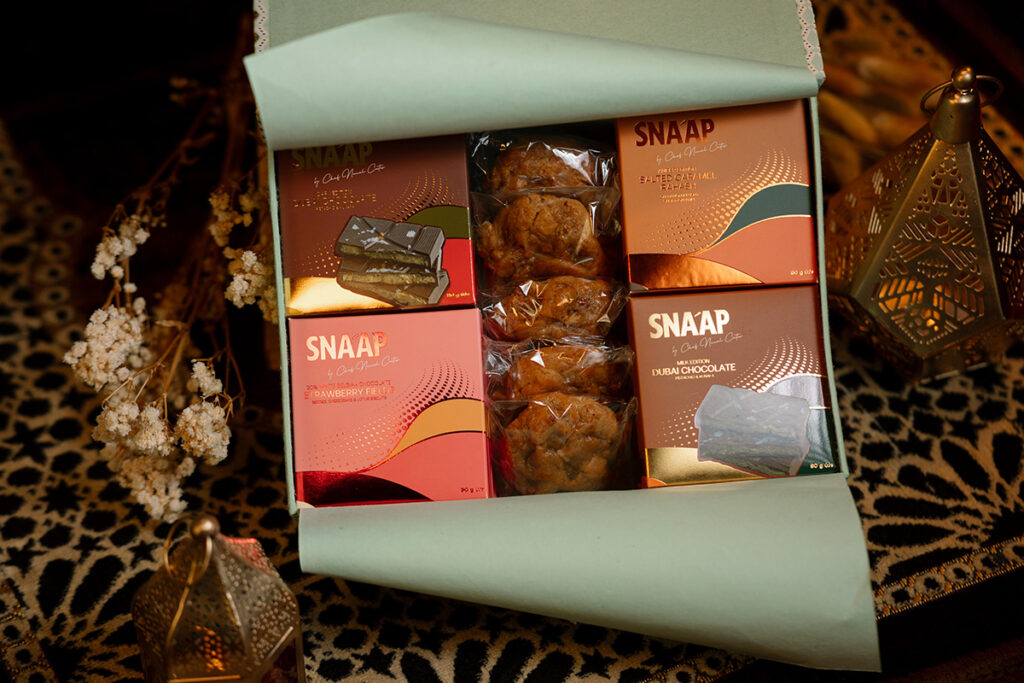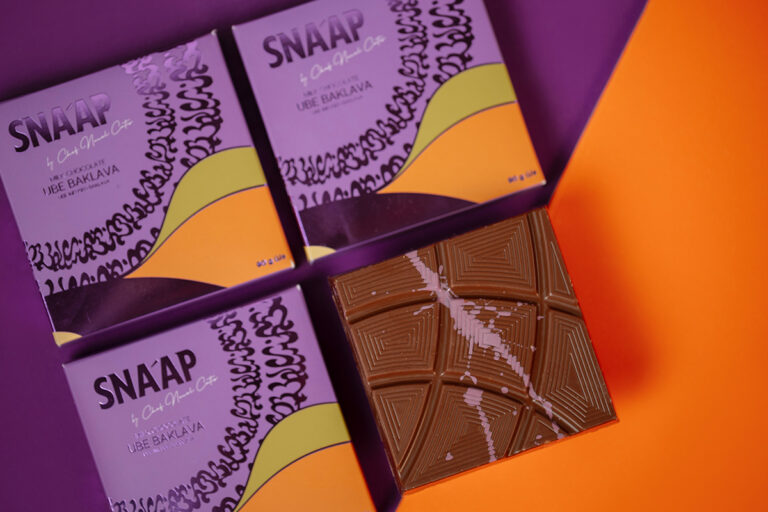The Filipino chef who co-created Dubai’s viral pistachio kunafa chocolate has revealed he was an original investor in the venture before stepping away—only to watch the product achieve global recognition without him.
Chef Nouel Catis, a dessert specialist with 16 years of experience in the UAE, said in an exclusive interview with Arabian Business that he co-developed the confection for FIX Dessert Chocolatier and helped purchase equipment to launch the brand. However, he exited the business arrangement before it went viral.
“It was really the intention to have an equal partnership, where I put my money into the technical side, the operational side, while she [Sarah Hamouda] does the branding [and] marketing,” said Catis, referring to FIX’s founder.
Catis said he felt disappointed at being excluded from the brand’s public narrative as its success grew.
“If I’m paid for my work as a consultant, I don’t expect credit. But if it’s a collaborative project—something we developed together—then [credit] should be given,” he said.
Much of FIX’s origin story, widely reported as stemming from Hamouda’s pregnancy cravings, remains intact. Catis confirmed she was pregnant during their partnership but noted, “Chefs are there because if you don’t have the skill set, they’re there to make things happen.”
He added that the growing media attention around the brand risks diminishing the role of professional chefs.
“It’s kind of saying to chefs that their profession isn’t something you work hard on. We need to validate that chefs have worked to become who they are,” he said.
Intellectual property lessons from viral success
The pistachio kunafa chocolate bars—blending nut cream and pastry inside a thick chocolate shell—exploded in popularity in 2024, triggering pistachio shortages and global imitation.
As FIX’s profile rose internationally, Catis said he found himself largely omitted from the public narrative, despite creating the signature recipe and investing in the initial production setup.

“The main takeaway for me was, because of what happened, I became a wiser person,” he said, urging culinary entrepreneurs to prioritise legal clarity. “If you have to start a business with a friend or family member, you have to do what is right from the start, which is doing paperwork.”
According to Catis, the two initially registered the business as partners with local authorities, but that registration was allowed to lapse. In 2022, Hamouda went on to trademark the brand independently, around the time Catis shifted into more of a support role rather than continuing as a partner. He said the arrangement gradually dissolved without a formal discussion.
From Jordan to Dubai
Catis’s passion for Middle Eastern flavours began in Jordan, where he was first introduced to authentic Nabulsi kunafa.
“I fell in love with Arabic desserts and food. It just made sense for me when I was in Jordan, that I should continue my journey in the Middle East,” he said.
Before the rise of “Dubai chocolate,” Catis had already made a name for himself as a dessert innovator across the Gulf, contributing to several brands including Kuwait’s Choco Melt.
“This isn’t the only thing I’ve made viral—but it’s the only one that made it global,” he said. “Most of my clients are Kuwaitis. I’ve done a lot of famous recipes in the Middle East.”
He recalled the painstaking early days of FIX, making chocolate bars by hand and delivering them to friends, influencers, and family for feedback. The process caused physical strain and eventually led to investment in tempering machines and custom molds to meet demand.
“I was making 28 bars at a time. It was very difficult,” he said, describing the 200-gram signature bars as “thick and iconic.”
Despite the challenges and the outcome, Catis said he bears no ill will toward the product’s imitators.

“I’ve worked on so many brands that became iconic, and they all got copied. I’m okay with it, because it shows the idea works.”
The Dubai chocolate phenomenon has had a noticeable impact on global markets, with pistachio prices reportedly rising from $7.65 to $10.30 per pound. Iran increased pistachio exports to the UAE by 40 per cent to meet surging demand.
Catis’s new venture, Snaap DXB, sold out its initial 3,000-bar batch within two days of launch in October 2024. The brand opened its first physical store in Dubai’s Marsa Boulevard in February 2025.
He now hopes to position Snaap as a homegrown UAE brand with global aspirations. “It’s a brand that can probably say it’s made in the UAE, and it will represent the UAE to the world,” he said.
Arabian Business reached out to FIX Dessert Chocolatier for comment but had not received a response by publication time.






